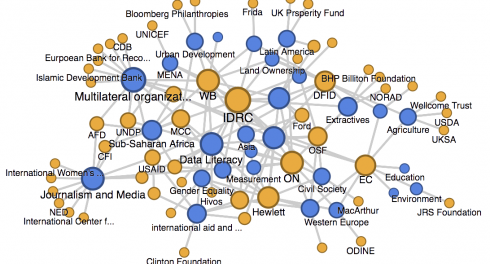
Photo: Unsplash
No questions are more important to ensuring democratic government and fundamental human rights than those involving decisions about war, peace and protection of a country’s natio nal security. Inherent in this truism, however, is a fundamental tension. On the one hand, democracy and respect for fundamental human rights depend on public access to government information: access to information not only safeguards against abuse by governments, officials and private entities working with them, but also permits the public to play a role in determining the policies of the government. On the other hand, the conduct of diplomacy, military operations and intelligence activities all require some measure of secrecy in order to be effective.
nal security. Inherent in this truism, however, is a fundamental tension. On the one hand, democracy and respect for fundamental human rights depend on public access to government information: access to information not only safeguards against abuse by governments, officials and private entities working with them, but also permits the public to play a role in determining the policies of the government. On the other hand, the conduct of diplomacy, military operations and intelligence activities all require some measure of secrecy in order to be effective.
Striking the right balance is made all the more challenging by the fact that courts in most countries demonstrate the greatest deference to the claims of government when national security is invoked. This deference is reinforced by provisions in the security laws of many countries that trigger exceptions to the right to information as well as to ordinary rules of evidence and rights of the accused upon a minimal showing or assertion of a national security risk. A government’s over-invocation of national security concerns can seriously undermine the main institutional safeguards against government abuse: independence of the courts, the rule of law, legislative oversight, media freedom, and open government.


